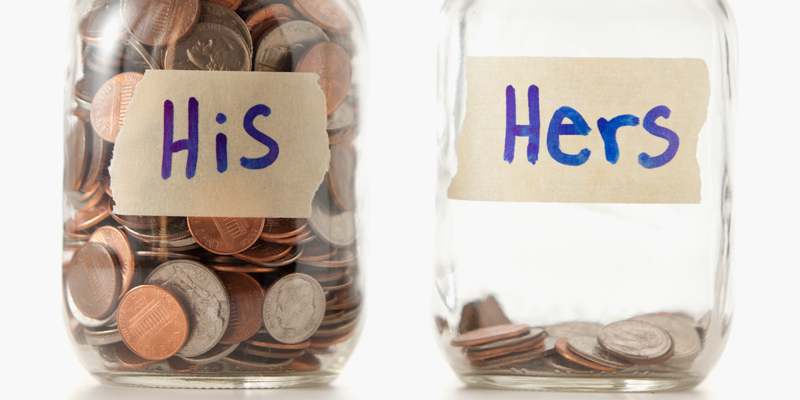At the current rate of progress, it’ll take 217 years to close the gap, Lana Nusseibeh tells an Abu Dhabi conference.
“Women across the world are still on average earning less than men by a large amount.”
That was the troubling news delivered by Lana Zaki Nusseibeh at a summit entitled Gender Dimensions of International Peace and Security: Keys to Prosperity and Peace this week.
Read:
Sheikha Fatima says gender equality matters in all spheres
Saudi women could soon be allowed to join the kingdom’s traffic police
Nusseibeh, president of the UN-Women Executive Board for 2017, spoke at the Abu Dhabi conference, where she revealed despite efforts, the global gender gap has actually widened for the first time since 2006.
“Of 144 countries, the majority have closed 96 per cent of the gap in health outcomes between men and women—unchanged since last year— and then more than 95 per cent of the gap in educational attainment, which is a slight decrease compared to last year,” she told attendees, The National reports.
“However, the gaps between women and men on economic participation and political empowerment remains wide.”
Nusseibeh, who became the first woman appointed Permanent Representative of the UAE to the UN in 2013, added that given current progress, it’ll take 217 years to close the economic gap. Last year, however, the World Economic Forum predicted it would take 170 years—meaning we’ve slipped back 47 years on a global level.

However Nusseibeh did highlight the UAE’s concerted effort to close its gender gap—in fact, the Emirates hopes to become one of world’s top 25 countries for gender equality by 2021.
“The UAE has long acknowledged the importance of investing in women to maximise their full potential for our country’s development,” Nusseibeh said, according to The National.
In recent times, the nation has seen the introduction of a gender balance guide for companies, improved maternity leave for government workers, and the formation of a Gender Balance Council.
Currently, women in the UAE represent 46.6 per cent of the workforce and 66 per cent of public sector workers, with 30 per cent of the latter in leadership roles.
Nusseibeh also called for more women to be included in conflict resolution around the world, revealing that when women participate in discussions there is a 35 per cent chance that peace will last more than 15 years.
Read:
Could Saudi Arabia’s male guardianship law soon come to an end?
Ellen DeGeneres is sending more than 400 people on a luxury trip to Dubai
“It’s because women go through this world with a unique set of experiences proving vital at the negotiating table,” she said, adding that females tend to raise issues of economy and social necessity, education, health, infrastructure and access to justice.
“Gender equality and women’s empowerment are not just worthy goals to pursue but crucial to establish prosperous and stable societies,” said Nusseibeh.
Images: Getty











